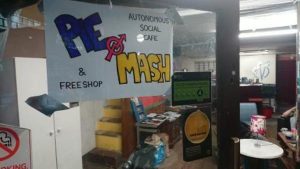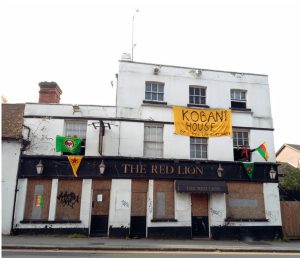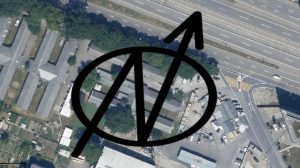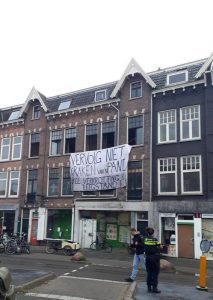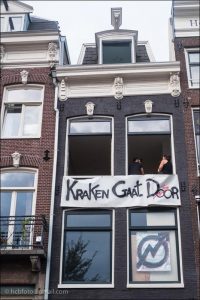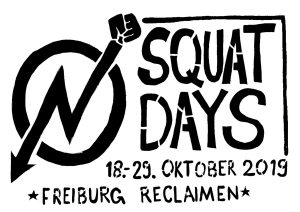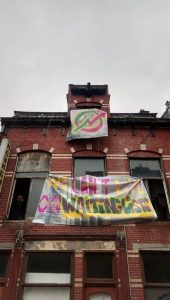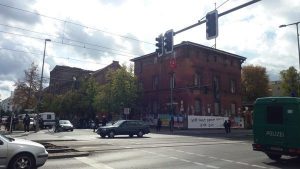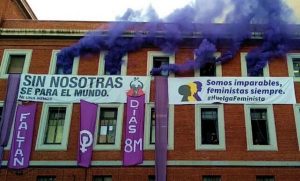 From the heart of Madrid, November 13, 2019
From the heart of Madrid, November 13, 2019
Today, the right wing has carried out the eviction of La Ingobernable, in a demonstration of force. It has closed itself off from tackling a social conflict with arguments, and without even giving notice, it has resolved with the police what it has not wanted to resolve through dialogue. When the reasons end, you only have brute force left, but you will neither win nor convince. Thousands of us filled a common space with life, and now they are knocking down the door to empty this social center of all the life with which we filled it.
Almeida, Villacís: but why do you hate us so much? First, because you can’t stand the truth that we are carrying: that the Prado 30 conflict was not opened by La Ingobernable, but by those who stole a public building from us. [Read More]
